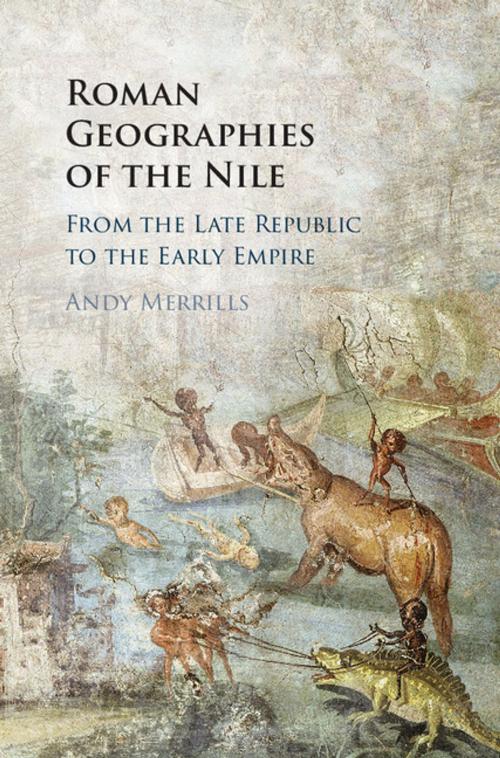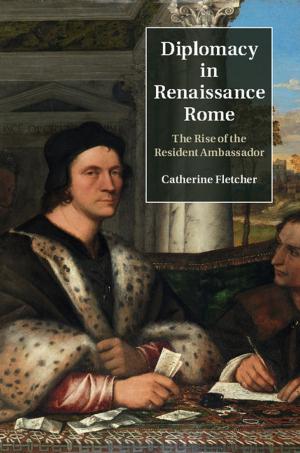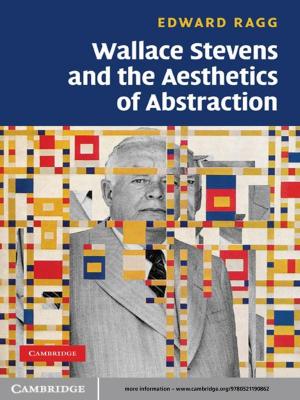Roman Geographies of the Nile
From the Late Republic to the Early Empire
Nonfiction, History, Ancient History| Author: | Andy Merrills | ISBN: | 9781316827673 |
| Publisher: | Cambridge University Press | Publication: | January 5, 2017 |
| Imprint: | Cambridge University Press | Language: | English |
| Author: | Andy Merrills |
| ISBN: | 9781316827673 |
| Publisher: | Cambridge University Press |
| Publication: | January 5, 2017 |
| Imprint: | Cambridge University Press |
| Language: | English |
The River Nile fascinated the Romans and appeared in maps, written descriptions, texts, poems and paintings of the developing empire. Tantalised by the unique status of the river, explorers were sent to find the sources of the Nile, while natural philosophers meditated on its deeper metaphysical significance. Andy Merrills' book, Roman Geographies of the Nile, examines the very different images of the river that emerged from these descriptions - from anthropomorphic figures, brought repeatedly into Rome in military triumphs, through the frequently whimsical landscape vignettes from the houses of Pompeii, to the limitless river that spilled through the pages of Lucan's Civil War, and symbolised a conflict - and an empire - without end. Considering cultural and political contexts alongside the other Niles that flowed through the Roman world in this period, this book provides a wholly original interpretation of the deeper significance of geographical knowledge during the later Roman Republic and early Principate.
The River Nile fascinated the Romans and appeared in maps, written descriptions, texts, poems and paintings of the developing empire. Tantalised by the unique status of the river, explorers were sent to find the sources of the Nile, while natural philosophers meditated on its deeper metaphysical significance. Andy Merrills' book, Roman Geographies of the Nile, examines the very different images of the river that emerged from these descriptions - from anthropomorphic figures, brought repeatedly into Rome in military triumphs, through the frequently whimsical landscape vignettes from the houses of Pompeii, to the limitless river that spilled through the pages of Lucan's Civil War, and symbolised a conflict - and an empire - without end. Considering cultural and political contexts alongside the other Niles that flowed through the Roman world in this period, this book provides a wholly original interpretation of the deeper significance of geographical knowledge during the later Roman Republic and early Principate.















